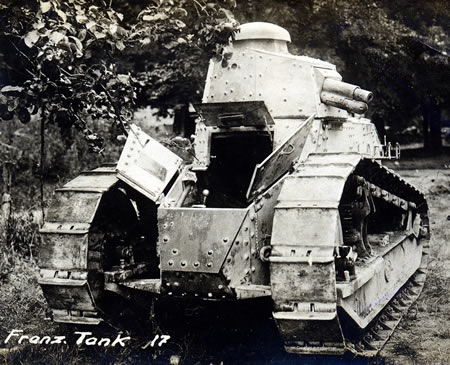Five years ago in March 2010, I wrote an article on the “future”.
At that time I wrote
Over the last year or so I have been doing a few keynotes and presentations entitled the future of learning. I do start with a caveat that I don’t know the future for sure and that no one can really predict the future…
I then reflected on the past before looking forward.
Well for me the “next big thing” is e-Books and e-Book Readers. These will hit the consumer market big time over the next three years. We will see many more people reading books, magazines and newspapers via devices such as the Apple iPad, Microsoft Courier and other devices not yet on the market.
Well in May 2010, we saw the release of the iPad in the UK and with that came the iBooks application.
Though the Kindle was originally released in 2007, the third generation of Kindles released in 2010 were competitively priced and we saw more people buying these devices and reading ebooks.
By 2012 we saw a huge increase in the sales of ebooks, some of that was due to the success of “50 Shades of Grey”, but in 2013 and 2014 we saw a decline in the rate of growth of ebook sales, so still growing, but more slowly than in 2011 and 2012.
There is also a “backlash” against ebooks with many commentators and some booksellers talking about “a growing number of people who are going back to books.”
Within education, we saw projects such as the Jisc Collections e-books for FE which from 2011-2014 saw 2996 e-books made available to FE Colleges for free.
So we have seen over the last five years a huge increase in the usage of ebooks and ebook readers, though to be honest whatever did happen to the Microsoft Courier?
As for the next five years…. well that might need to be another article.



